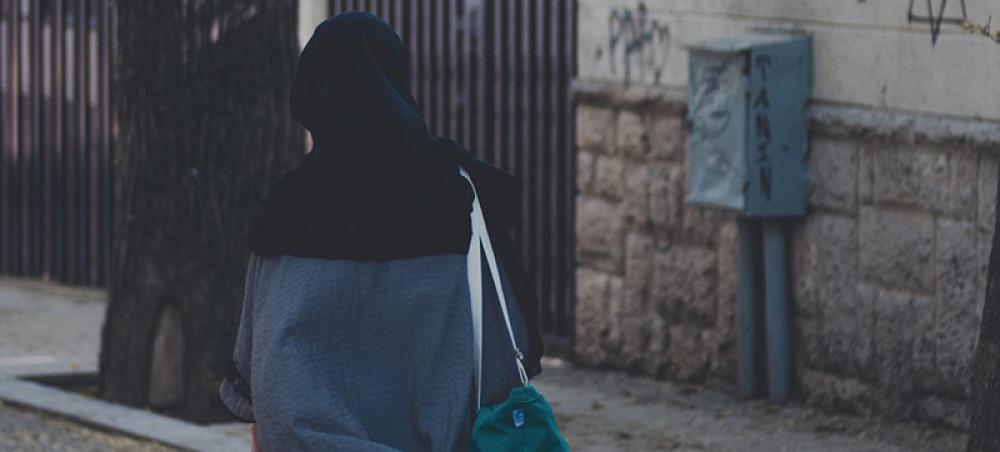Just Earth News | @justearthnews | 23 Jun 2023

Image: Unsplash/Amir Hosseini
New York: The latest UN report on the human rights situation in Iran paints a grim picture of a record number of executions in 2022, arrests of thousands of children and numerous allegations of torture and ill-treatment by security forces.
“The overall human rights situation in the Islamic Republic of Iran has markedly deteriorated against the backdrop of continuously worsening socio-economic conditions, aggravated by sanctions and the lingering impact of the COVID-19 pandemic,” said Nada Al-Nashif, UN deputy human rights chief, presenting the report to the Human Rights Council in Geneva.
The report focuses on developments since the onset of nationwide protests following the death of 22-year-old Jina Mahsa Amini on 16 September last year. Three days after she fell into a coma and died in police custody, following her arrest by Iran’s so-called Morality Police.
Hundreds put to death
The report notes with serious concern the high number of death penalty sentences and executions during the reporting period.
“In 2022, 582 people were executed”, noted the Deputy High Commissioner of UN human rights office OHCHR.
“That is a 75 per cent increase compared to 2021 during which 333 people were reportedly executed. There were three children among those executed in 2022. Of the total number of executions, 256 were for drug-related offences.”
According to Ms. Al-Nashif, this marks the highest rate of drug-related executions in the country since 2017.
At least 44 children killed
The total detained for taking part in the protests is estimated at around 20,000, the report said.
Thousands of children are estimated to have been among those arrested during the protests, while at least 44 children, including 10 girls, were reportedly killed by security forces using lethal force.
The highest number of deaths was reported in the Sistan and Baluchistan Province, where at least 10 children were killed.
“There have been numerous allegations of torture and ill-treatment of individuals by security forces during arrest and interrogation to extract forced confessions as well as allegations of sexual and gender-based violence committed against women, men and children, especially in detention,” said Ms. Al-Nashif.
“Prison conditions including denial of medical care, dire sanitary conditions, contaminated drinking water and overcrowding, remain of concern.”
Rights diminishing
Since the onset of protests, respect for the right to freedom has significantly deteriorated, the Human Rights Council heard.
State policy was also found to have become more stringent in enforcing mandatory veiling and imposing harsher penalties on women and girls who fail to respect the ruling.
AI tracks veil offenders
“On 15 August 2022, the President signed a decree which includes the introduction of face-recognition technology to track and punish unveiled women or those who actively question compulsory veiling”, said the deputy UN rights chief.
“At the legislative level, new draft provisions to the Penal Code are being considered in parliament to expand the scope of offences for non-compliance, allowing imprisonment, flogging and other punishments.”
The report also noted Iran’s failure to protect the physical and mental well-being of female students and attacks on their right to education.
Suspected poisonings
“As of 2 March of this year more than 1,000 students, the majority of whom are girls, had reportedly been affected by suspected poisoning in 91 schools in 20 provinces. The authorities provided conflicting accounts of these incidents,” noted Ms. Al-Nashif.
Ali Bahreini, Ambassador and Permanent Representative of Iran to the UN in Geneva, rejected the report outright as inaccurate.